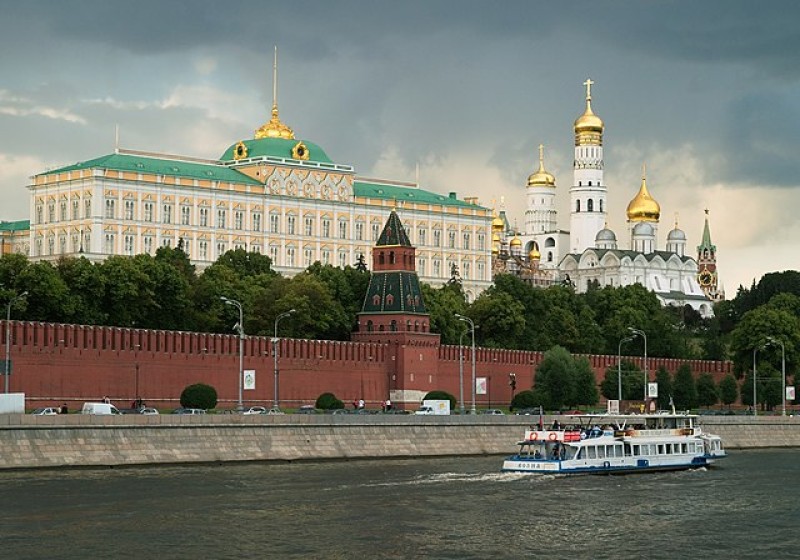Their blacklisting, the Treasury said, is meant to spread awareness of the Kremlin’s ongoing efforts to destabilize democratic nations in the Balkan region, especially those bordering Ukraine, since it launched its invasion almost 17 months ago.
“The sanctions imposed today shine a light on Russia’s ongoing covert efforts to destabilize democratic nations,” said Under Secretary of the Treasury for Terrorism and Financial Intelligence Brian E. Nelson. “Russia’s attempted influence operations exploit the concerns of the citizens of these countries, to destabilize legitimately elected governments for Moscow’s own interests.”
These actors, led by one Konstantin Prokopyevich Sapozhnikov, operate by stoking fears in their target audiences with the goal of undermining their faith in democratic principles, the Treasury said.
Under Sapozhnikov’s command was Gleb Maksimovich Khloponin, who procured the security details of several Moldovan government buildings, as part of the group’s plot to destabilize the country.
Anna Travnikova was tasked with swaying Moldovan public opinion of Russia’s ongoing war against Ukraine in favor of the Kremlin. Travnikova has peddled pro-Russian narratives across the globe, including in the U.S. in 2022.
Svetlana Andreyevna Boyko and Vasily Viktorovich Gromovikov, meanwhile, handled the group’s budgeting and financing responsibilities, respectively.
Aleksey Vyacheslavovich Losev, another senior member, conducted reconnaissance for the conspirators throughout Moldova, the Treasury said.
Finally, Yury Yuryevich Makolov provided the group with logistical support.
This marks the third time in the past seven months that Moldova-based political operatives loyal to Russia have been identified by Western governments.
In October last year, two dozen individuals and entities, including influential government officials, were ousted in a Russian attempt to corrupt and subvert Moldova’s political and economic institutions.
One Kremlin operative highlighted was Vladimir Plahotniuc, who used his influence in the Moldovan media to defame his political opponents, whilst shielding himself and his allies from public scrutiny.
And just last week, the EU sanctioned multiple Russian and Moldovan nationals, some of whom orchestrated violent demonstrations directed at the Russian Federal Security Service’s behest.
One of the primary explanations behind Russia’s covert, malevolent tactics is the fact that, since the turn of the 21st century, many of its former Soviet vassals have sought stronger ties with the West. The subversion of democracy via corruption is seen as but one tool in the Kremlin’s arsenal used to keep its neighbors in line with its own agenda.
But these malign influence actors loyal to the Kremlin do not exclusively operate within the former Soviet bloc, the Treasury said; they are but part of a “global information operation” that also targets the U.K., the U.S., and the EU.



